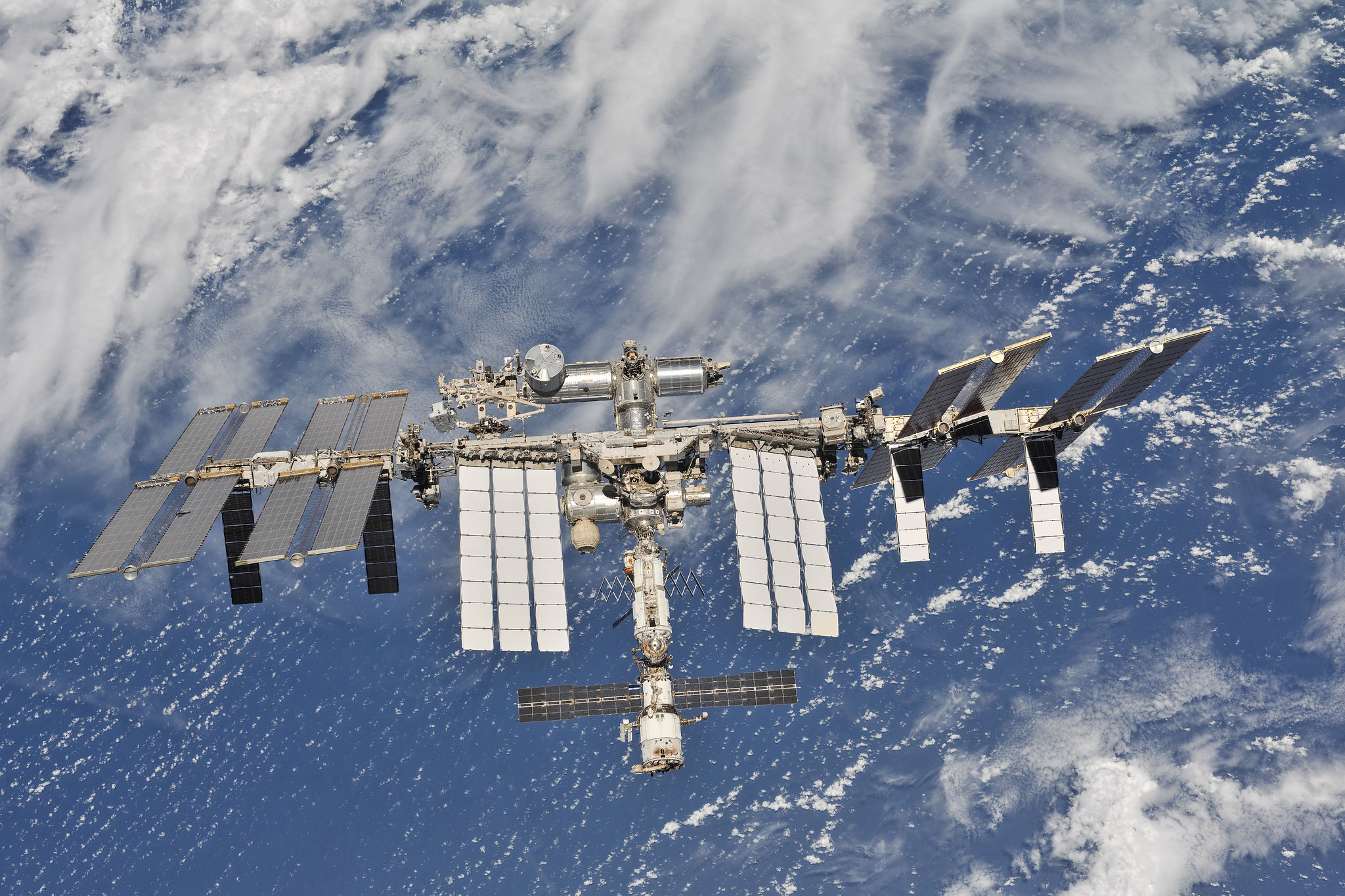Modern molecular biology needs DNA, and molecular biology in space requires a way to get that DNA into orbit. Transporting bio-molecules above the Earth’s atmosphere is expensive, however, if those molecules require heavy deep-freeze storage systems. New research from a CSUN biologist suggests there may be a lighter-weight alternative: shipping DNA inside dried, dormant bacteria cells.
Michael Summers, working with colleagues at Lawrence Berkeley National Laboratory, UC Berkeley, Arizona State University, and Rhodium Scientific, “packaged” a sample of DNA sequence in the form of a plasmid, a loop of DNA that bacterial cells will take up under the right environmental conditions. The team stimulated cells of a photosynthetic bacterium, Nostoc punctiforme, to absorb the sample plasmids. They bound plasmid-carrying bacteria onto paper filters and air dried — N. punctiforme responds to drying by entering a dormant state, from which it can emerge if it is rehydrated.
They then cut each filter with dried bacteria in half and packed the half-filters into tubes; one set of half-filters was then sent into orbit with a resupply flight to the International Space Station, and the other was kept in storage on Earth as a control. The half-filters sent to orbit were shipped back to Earth about a month later, and the authors then sequenced the plasmid DNA to test for damage or changes created by time spend in orbit. That sequencing revealed no changes associated with the time spent in orbit. The authors conclude that their workflow can efficiently ship DNA sequences off-planet for future molecular biology experiments on the ISS.
The full paper is available open access on the website of the journal ACS Synthetic Biology.
Image: The International Space Station in 2018 (Flickr, NASA Johnson)

